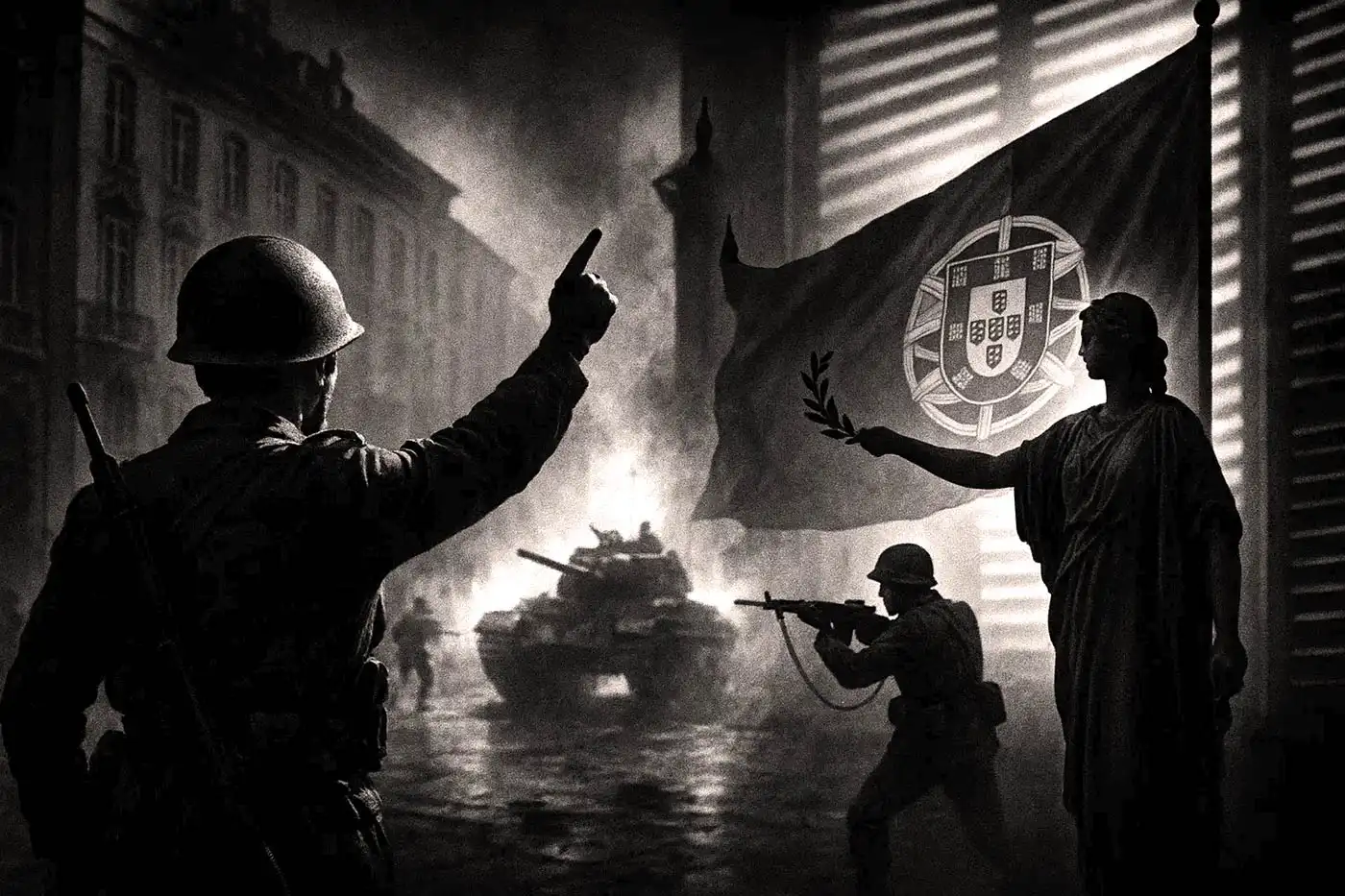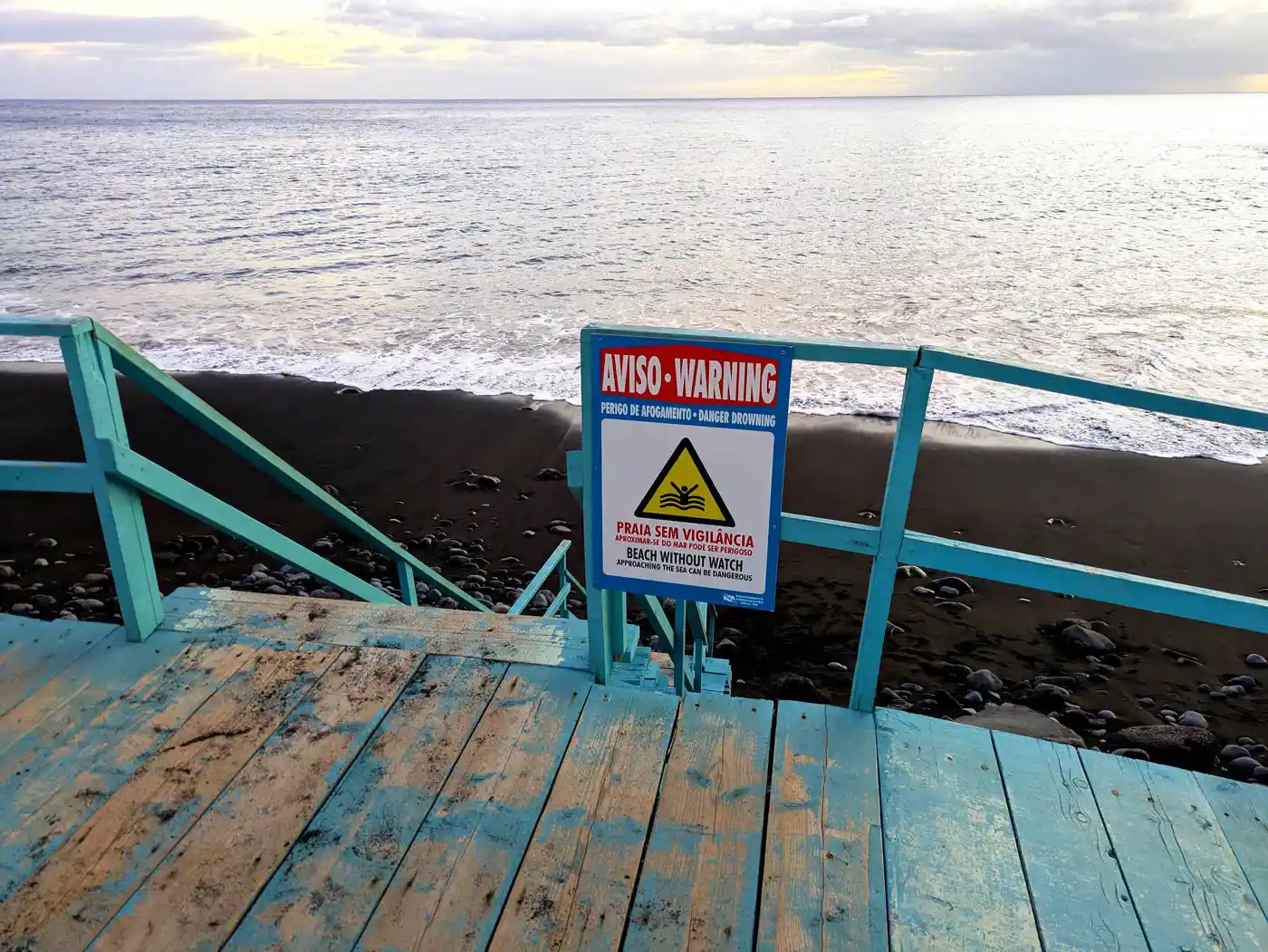November 25, 1975: A Divisive Moment in Portuguese History
Portugal is commemorating the 50th anniversary of one of the most significant and controversial dates in its history - November 25, 1975.
The date symbolizes a turning point in Portugals transition to democracy, with military factions attempting to seize control in an effort to push the country away from a radical left-wing path.
To understand why this day remains significant, it’s important to look at the events that led to it, the context in which it occurred, its lasting impact, and why it continues to divide political opinions.
The Carnation Revolution and Its Aftermath
The events of November 25, 1975, must be understood through the broader context of the Carnation Revolution, which took place on April 25, 1974. The revolution, a peaceful military coup, ended nearly 50 years of authoritarian rule under the Estado Novo regime.
It was supported by a broad coalition of progressive forces, including the military, workers, and students, and it promised to bring democracy, social reform, and justice to Portugal.
However, after the fall of the Estado Novo regime, Portugal entered a period of political and social disorder. The military, led by the MFA (Armed Forces Movement), played a crucial role in the revolution and initially enjoyed widespread support. But as the new government began to take shape, deep divisions emerged between the revolutionary left and more moderate forces.
Revolutionary enthusiasm, economic difficulties, decolonisation and growing worries about political instability all contributed to rising tension across the country.
The Radical Left vs. Moderate Forces: The Lead-Up to November 25
By the fall of 1975, the struggle between these two factions had intensified.
On one side, the radical left, represented by groups such as the Portuguese Communist Party (PCP) and the Portuguese Socialist Party (PS), pushed for major reforms including nationalization of industries, collectivization of agriculture, and increased support for labor unions.
On the other side, the military leadership and moderate political factions had the intention to preserve the gains of the revolution but in a way that avoided further radicalization and economic destabilization.
The tensions came to a head during the siege of the Constituent Assembly in November. On the night of November 12, a series of violent clashes took place between left-wing revolutionary forces, including elements of the military, and more moderate factions of the MFA.
This resulted in the military coup attempt on November 25, 1975. At the heart of the conflict was a struggle over the direction of Portugal’s future - whether it would continue its radical leftward course or return to a more moderate, democratic path.
The Military Coup of November 25, 1975
The coup attempt on November 25 was organized by a faction within the MFA that was aligned with the more radical elements of the left. They sought to push the country further into a socialist direction and to counter what they saw as the growing influence of capitalist and imperialist forces.
The coup was met with resistance by moderate military leaders, including those aligned with the Socialist Party, who feared that further radicalization would destabilize the country.
What followed was a military confrontation in Lisbon, which saw tanks roll through the streets and gunfire echo across the city. Ultimately, the coup failed on that very same day. The moderate factions managed to regain control of the government and prevent a full-scale revolution.
The Aftermath: The 1976 Constitution and the Stabilization of Democracy
The failed coup of November 25, 1975, marked the last serious attempt to derail Portugal’s transition to democracy. In the aftermath, the radical left’s influence waned, and the political system gradually stabilized.
This stabilization was reflected in the passage of the 1976 Constitution, which layed out democratic principles, human rights, and the rule of law. The 1976 Constitution also laid the groundwork for the political autonomy of regions like Madeira and the Azores.
These territories, which had been subject to the centralizing policies of the Estado Novo regime, saw the beginnings of their modern political autonomy, a key issue for the six deputies from Madeira who would play an important role in the drafting of the new constitution.
On the 25th of April 1974 the Armed Forces Movement crowned the long resistance and reflected the deepest feelings of the Portuguese people by overthrowing the fascist regime.
Freeing Portugal from dictatorship, oppression and colonialism represented a revolutionary change and the beginning of an historic turning point for Portuguese society.
The Revolution restored the fundamental rights and freedoms to the people of Portugal. In the exercise of those rights and freedoms, the people's legitimate representatives are gathered to draw up a Constitution that matches the country's aspirations.
Part of the preamble of the Portuguese Constitution (1976)
November 25 and its Political Legacy: Left vs. Right
The significance of November 25, 1975, to say the least, continues to be a topic of discussion in Portuguese politics. For the political (far) left, the events of that day are often viewed as a tragic loss of revolutionary potential - a missed opportunity to create a more radically left-wing society.
Some on the left see the failure of the coup as a moment when Portugal could have embraced a more socialist future, with wealth redistribution, state control of key industries, and a more robust welfare state.
On the other hand, the political right in Portugal often views November 25 as a necessary intervention to preserve the democratic order. For conservatives, the coup attempt represented a threat to the stability and integrity of democracy. The right sees the defeat of the radical left as essential for ensuring that Portugal did not descend into economic chaos or become entangled in the ideological struggles of the Cold War.
This divide between the left and right remains evident today, as the 50th anniversary of November 25 causes heated debates over the country's political state and future.
The Significance of the November 25 Coup D’État
As Portugal celebrates the 50th anniversary of November 25, 1975, it provides an opportunity for the country to reflect on how far it has come since the revolution and how its political system has evolved.
It also allows the country to reflect on the deep divisions that persist between the political left and right - a divide that much of the world has moved beyond, evolving instead into something new under the influence of a multipolar world order.
The 50th anniversary of November 25, 1975, is therefore not just a moment to remember a historical event - it is a time for Portugal to deal with its past and confront the political divisions that continue to shape its future.
With new political parties like Chega questioning the constitution on a regular basis and asking for a new republic, the events that unfolded back in 1975 should remind us that nothing is granted and everything is at stake - always.






Comments